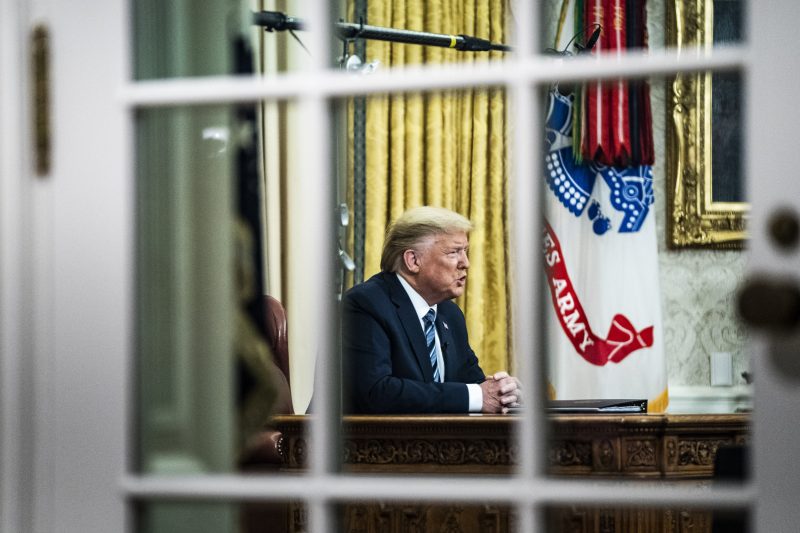In the world of legal and ethical debates, few scenarios are as intriguing and complex as the Presidential Immunity Murder Hypothetical. Under regular circumstances, the idea that a sitting president could commit murder and avoid legal consequences due to immunity seems unthinkable and abhorrent. However, exploring this hypothetical can shed light on the intricate web of laws, norms, and values that govern our society.
First and foremost, it is essential to understand the concept of presidential immunity and its historical context. Presidential immunity is a legal protection that shields the chief executive from civil lawsuits and criminal prosecution while in office. This immunity is rooted in the idea of preserving the functioning of the government and preventing distractions that could impede the president’s duties. The rationale behind this protection is to ensure that the president can carry out their responsibilities without undue interference from legal proceedings.
In the case of the murder hypothetical, the application of presidential immunity raises challenging moral and ethical questions. On one hand, it may seem inherently unjust for a president to evade accountability for such a heinous crime. Murder is one of the most severe offenses in society, and allowing a president to go unpunished for taking someone’s life could erode trust in the rule of law and the democratic system.
On the other hand, proponents of presidential immunity argue that holding the president liable for criminal acts could lead to political chaos and destabilize the government. If a president were to face prosecution for murder while in office, it could consume the nation’s attention, trigger a constitutional crisis, and disrupt the normal functioning of the executive branch.
Moreover, the debate over presidential immunity must consider the broader implications for the separation of powers and the balance of authority among the branches of government. If the judiciary were to assert jurisdiction over the president in a murder case, it could set a precedent that undermines the principle of executive independence. This could have far-reaching consequences for the delicate system of checks and balances that underpins our democracy.
In conclusion, the Presidential Immunity Murder Hypothetical serves as a thought-provoking exercise in legal and ethical reasoning. While the notion of a president committing murder and escaping punishment due to immunity is deeply troubling, it forces us to grapple with the complex trade-offs between accountability, stability, and the rule of law. Ultimately, this hypothetical scenario highlights the intricate tapestry of principles and values that shape our understanding of justice and governance in a democratic society.
